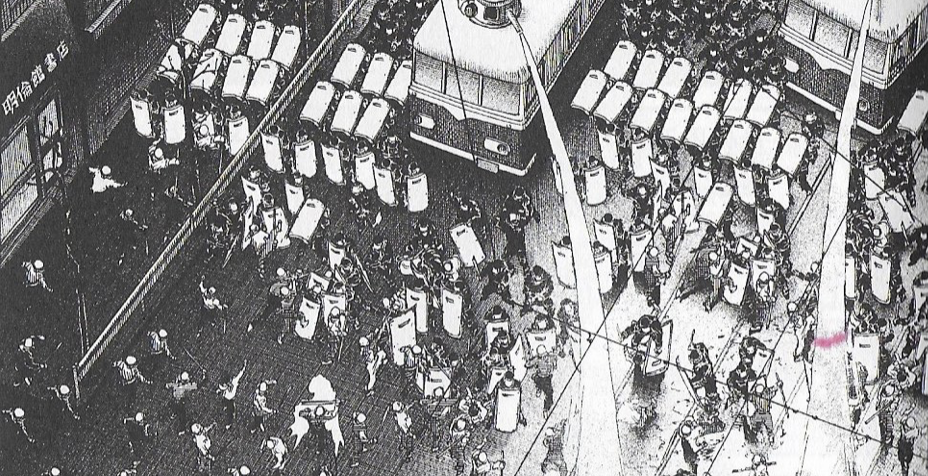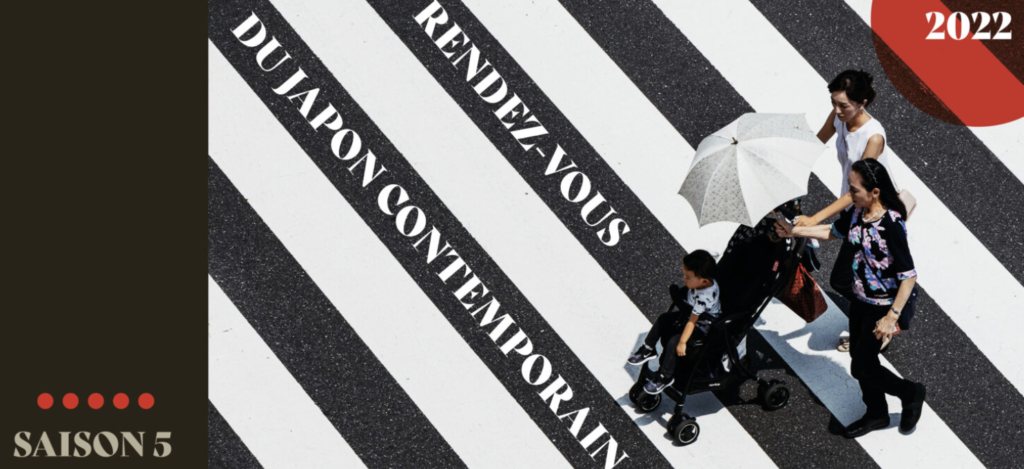Full-time Full Professor of Political Science, Specialisation International Relations and Multilateralism
Sciences Po is an international research university, both selective and open onto the world, ranking among the finest institutions in the fields of humanities and social sciences. Sciences Po’s overarching mission is to educate future leaders in the public and private sectors. Sciences Po is an equal opportunity employer and invites women to apply.
Requirements
Research Through their publications, candidates will demonstrate their ability to conduct innovative and internationally recognised research. They will demonstrate their integration in national and international scientific networks and their willingness to contribute to the research programmes conducted at the Centre for International Studies (CERI). This centre has cultivated its identity based on several singularities (use of diverse sociological traditions and analysis of normative issues).
The candidate’s research focus should adapt and match such characteristics by dealing with institutions and practices of multilateralism as a mode of international cooperation. The candidate will be expected to co-lead the GDR GRAM (Research Group on Multilateral Action) and to contribute to the activities of the CERI’s field of research entitled “Actors and Levels of Regulation in World Politics”. She/he will also be invited to join other programmes in International Relations—those r! elated to diplomatic practices on the one hand, and to non-Western and post-Western approaches on the other—as well as to one of the other fields (Identity and Politics, the transformations of the State, Political Participation and Mobilization, Violence and Risk Management).
Specialisation in one of the regional areas covered by the CERI is a condition for the recruitment. Applications with a focus on Southeast Asia or the Far East are an asset in this regard.
Teaching
Annual teaching duties are 128 master class-equivalent (CM) hours that can be divided into three 24-hour classes and 56 CM hours of complementary pedagogical services (1 CM hour = 6.3 hours) at the three levels of teaching offered by Sciences Po: its college programme (on one of the seven Sciences Po campuses) and especially the course Thinking IR globally (introductory course of IR at the undergraduate level), its Master’s program and its Doctoral School. Candidates will have to demonstrate their ability to teach general courses in International Relations, and their willingness to contribute to the supervision of doctoral theses.
Application
Applicants must have the status of a full professor or associate professor. They must complete their application on the “Galaxie” portal of the French Ministry of Higher Education and Research between 18th January 2022 and 1st March 2022. https://www.galaxie.enseignementsup-recherche.gouv.fr/ensup/ListesPostesPublies/FIDIS/0753431X/FOPC_0753431X_4121.pdf
This application must include the following documents:
- A cover letter presenting research projects that the applicant intends to pursue;
- A CV and a complete list of publications;
- 3 major publications;
- A synopsis of courses taught and, if possible, course evaluations. Questions can be directed to the President of the selection committee: frederic.ramel@sciencespo.fr
https://www.jobs.ac.uk/job/CMN190/full-time-full-professor-of-political-science





